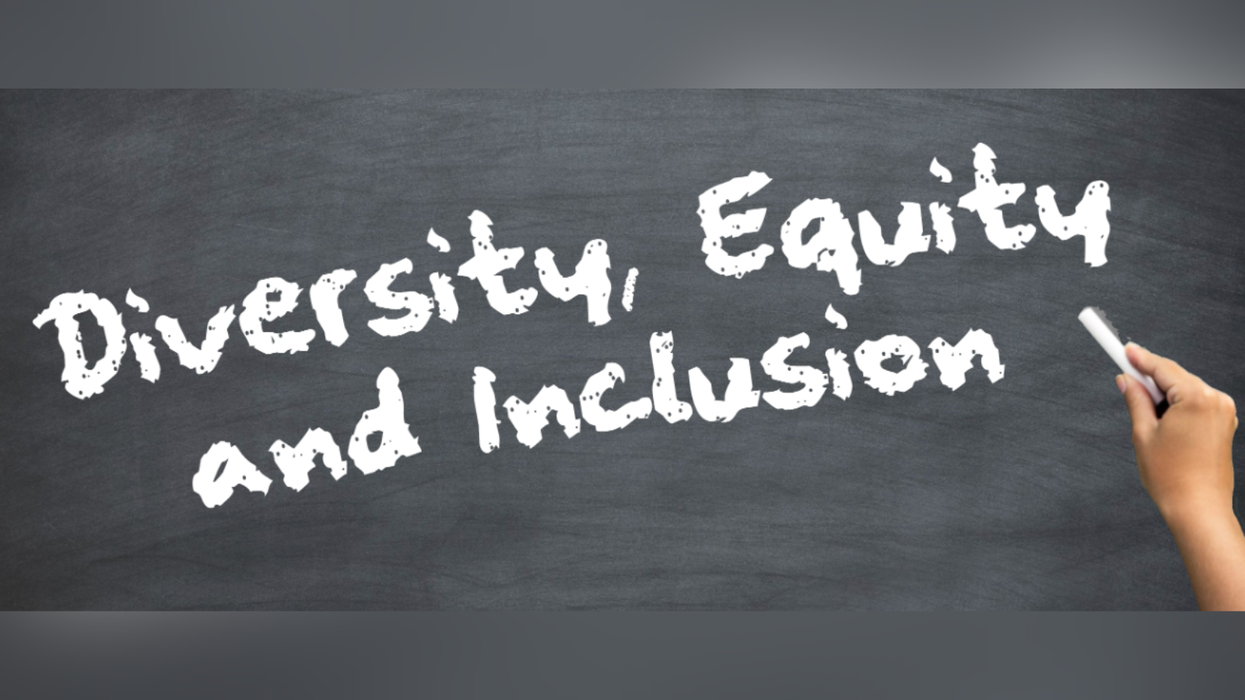By executive order, the Trump administration has called for an end to “dangerous, demeaning, and immoral” diversity, equity, and inclusion (DEI) schemes.
Growing up, my cultural identity was nurtured by my family but when I stepped beyond the safeguards of home, my experiences as an undergrad and grad student were revealing. My journey was marked by the absence of Latina representation in required texts and academic spaces. Revolutionary figures like U.S. Supreme Court Justice Sonia Sotomayor, U.S. Surgeon General Antonia Coello Novello, writer Sor Juana Inés de la Cruz, and others were glaringly omitted.
I found my sense of self through cultural organizations, not classrooms. These spaces allowed me to revel with fellow first-generation Latinas who shared the struggle of finding cultural affirmation in Spanglish conversations, shared traditions, and the quest of shattering the glass ceiling.
The history of higher education in the United States has been marked by systemic barriers to access and opportunity that BIPOC communities face. Many students, researchers, and staff from marginalized backgrounds have historically faced exclusion, racism, and isolation within institutions that were originally designed to serve the interests of privileged elites. Cultural organizations at historically white institutions (HWIs) play a critical role in countering these historic inequities by offering safe spaces for individuals to connect, share experiences, and support each other in both academic and personal growth.
However, as Diversity, Equity, Inclusion, and Access (DEIA) standards come under attack, these protected classes face unique challenges, compounded by declining national enrollment rates. In this precarious landscape, cultural organizations and BIPOC Greek letter organizations must resolve, like Langston Hughes, to “Let America be America Again.”
For the past two years, I’ve served as a community leader for the Yale School of Medicine’s Latino Recovery Colectivo. Yale’s Latino Colectivo provides not only a sense of belonging and identity but also an avenue for fostering inclusivity and empowerment in environments that have historically been dominated by white voices.
As pushbacks on inclusion and access policies intensify and funding for such initiatives faces cuts, their capacity to support students in an increasingly hostile climate could be strained, especially when resources are increasingly allocated to programs that focus on a narrow vision of “meritocracy” or colorblindness.
As national enrollment rates continue to decline, institutions might also view such organizations through the lens of “cost-effectiveness,” questioning whether these programs are worth maintaining in a more competitive and financially uncertain climate.
Institutions like Yale, which have invested in inclusion and access initiatives in various forms, including supporting groups like the Colectivo, will undoubtedly face significant pressures to adapt. The mission of organizations like the Colectivo—to uplift Latino researchers and community voices, ensure equitable access to resources, and advocate for systemic change— could be compromised if institutional policies shift away from prioritizing equity. For example, the Colectivo may find itself without the necessary resources to provide services, advocacy, and networking opportunities for its members, all of which are vital in navigating the pressures of medical school and academia.
DEI programs are essential to tackle systemic barriers was first published by the CT Mirror and is shared with permission. Doris Maldonado Mendez is a member of the Connecticut Mirror’s Community Editorial Board.




















